
Question and Answers Forum
Question Number 58648 by rahul 19 last updated on 27/Apr/19
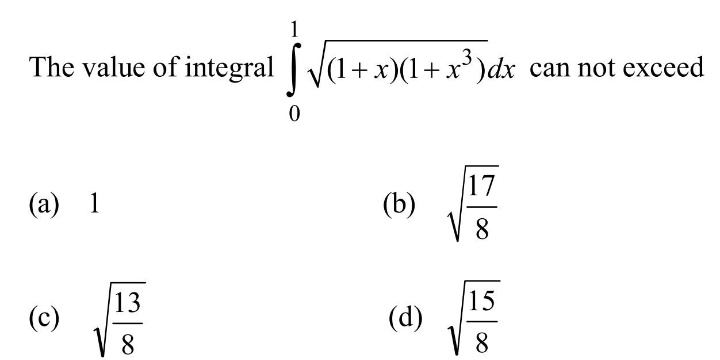
Commented by rahul 19 last updated on 27/Apr/19

Commented by maxmathsup by imad last updated on 27/Apr/19
![we have ∫_a ^b ∣f(x)∣∣g(x)∣dx ≤ (∫_a ^b f^2 (x)dx)^(1/2) .(∫_a ^b g^2 (x)dx) (cauchy shwarz) let take f(x) =(√(1+x)) and g(x) =(√(1+x^3 ))dx ⇒ ∫_0 ^1 (√(1+x))(√(1+x^3 ))dx ≤ (√(∫_0 ^1 (1+x)dx)). (√(∫_0 ^1 (1+x^3 )dx)) but ∫_0 ^1 (1+x)dx =[x+(x^2 /2)]_0 ^1 =(3/2) ∫_0 ^1 (1+x^3 )dx =[x+(x^4 /4)]_0 ^1 =(5/4) ⇒ I ≤(√(3/2)).(√(5/4)) ⇒ I ≤(√((15)/8)) so the answer is (d).](Q58695.png)
Commented by rahul 19 last updated on 28/Apr/19

Commented by maxmathsup by imad last updated on 30/Apr/19

Answered by tanmay last updated on 27/Apr/19
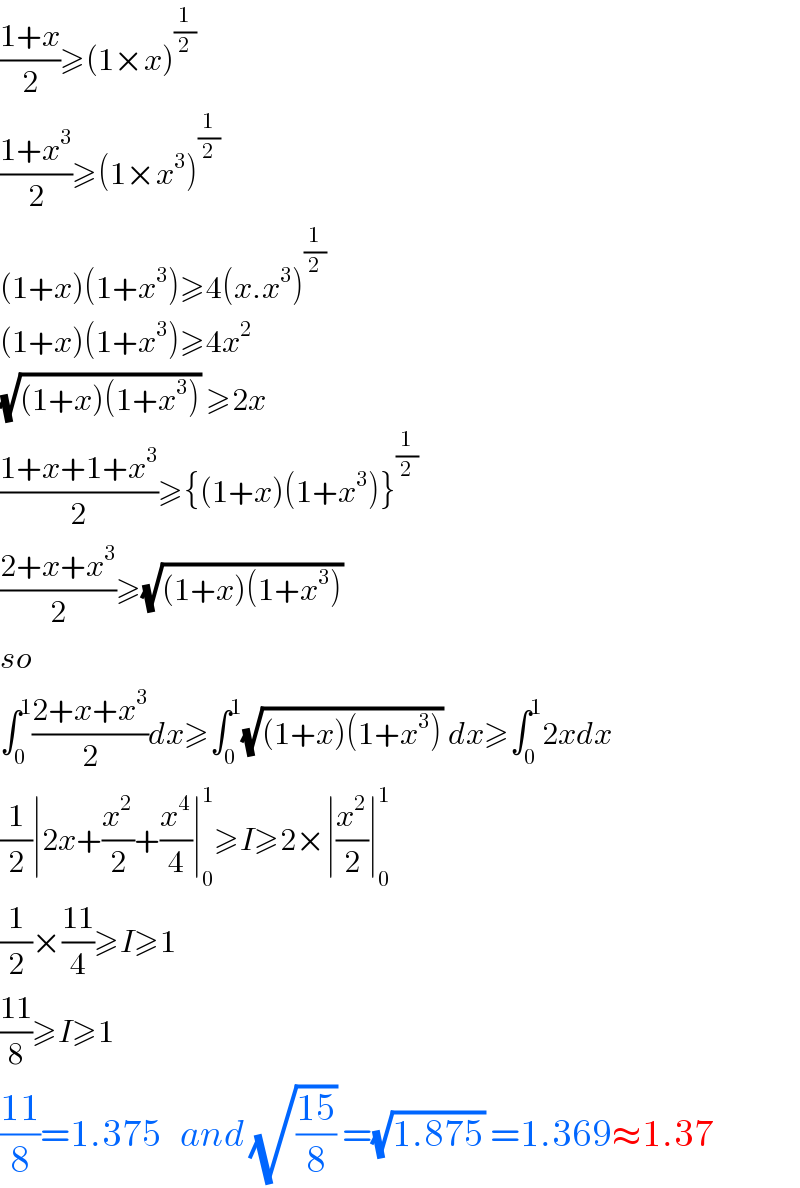
Commented by tanmay last updated on 28/Apr/19
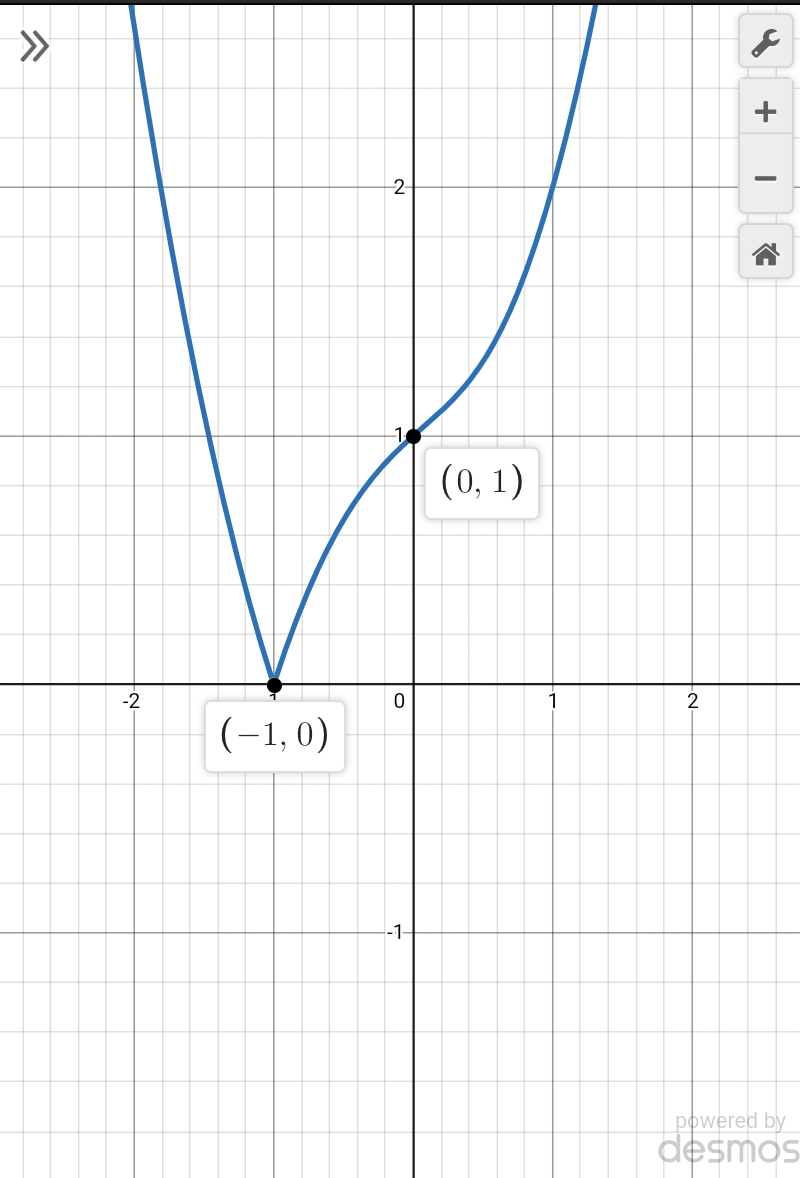
Commented by rahul 19 last updated on 28/Apr/19
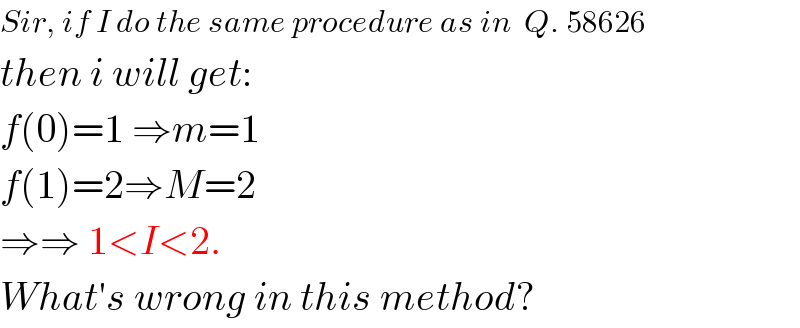
Commented by tanmay last updated on 28/Apr/19

Commented by tanmay last updated on 28/Apr/19

Commented by tanmay last updated on 28/Apr/19
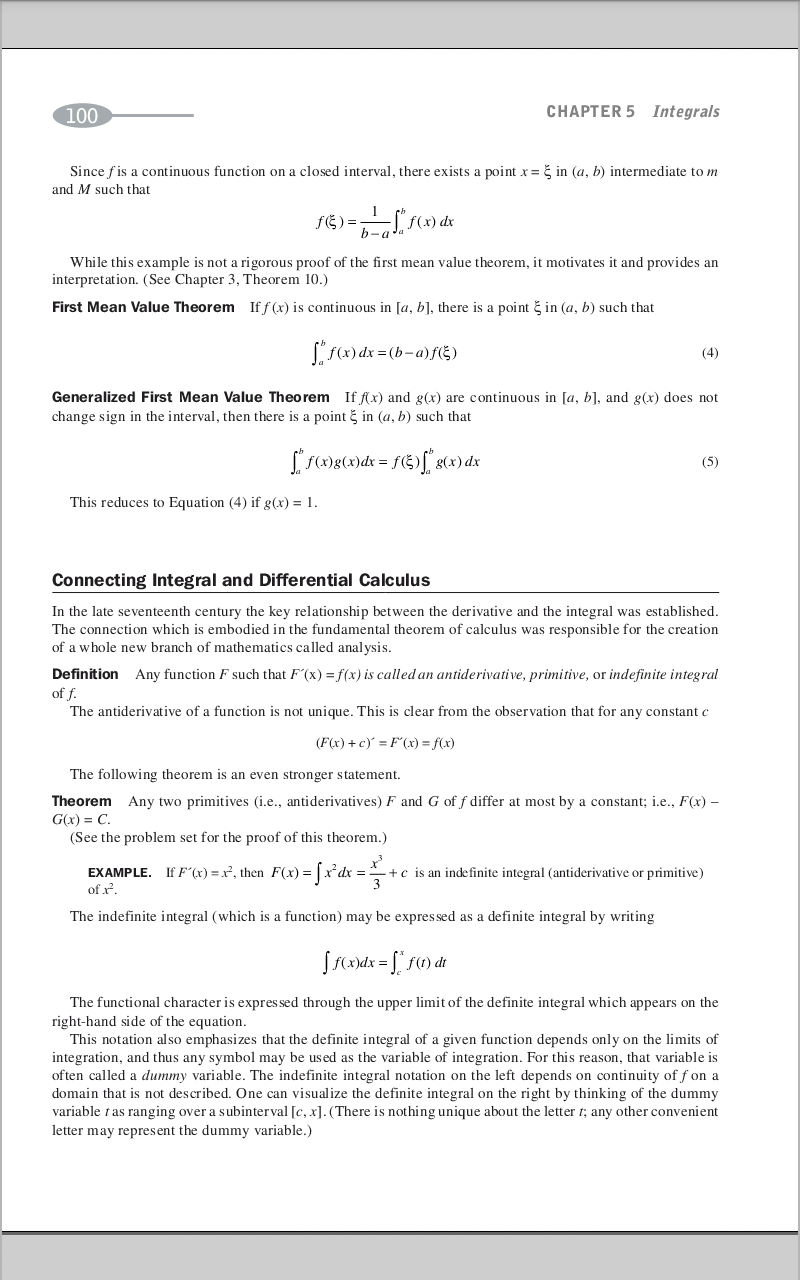
Commented by rahul 19 last updated on 29/Apr/19

Answered by tanmay last updated on 27/Apr/19

Commented by tanmay last updated on 27/Apr/19
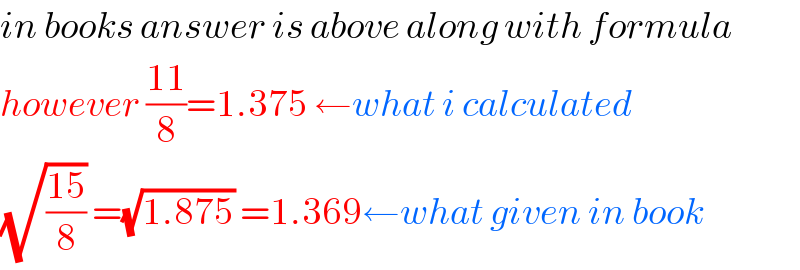
Commented by rahul 19 last updated on 28/Apr/19

